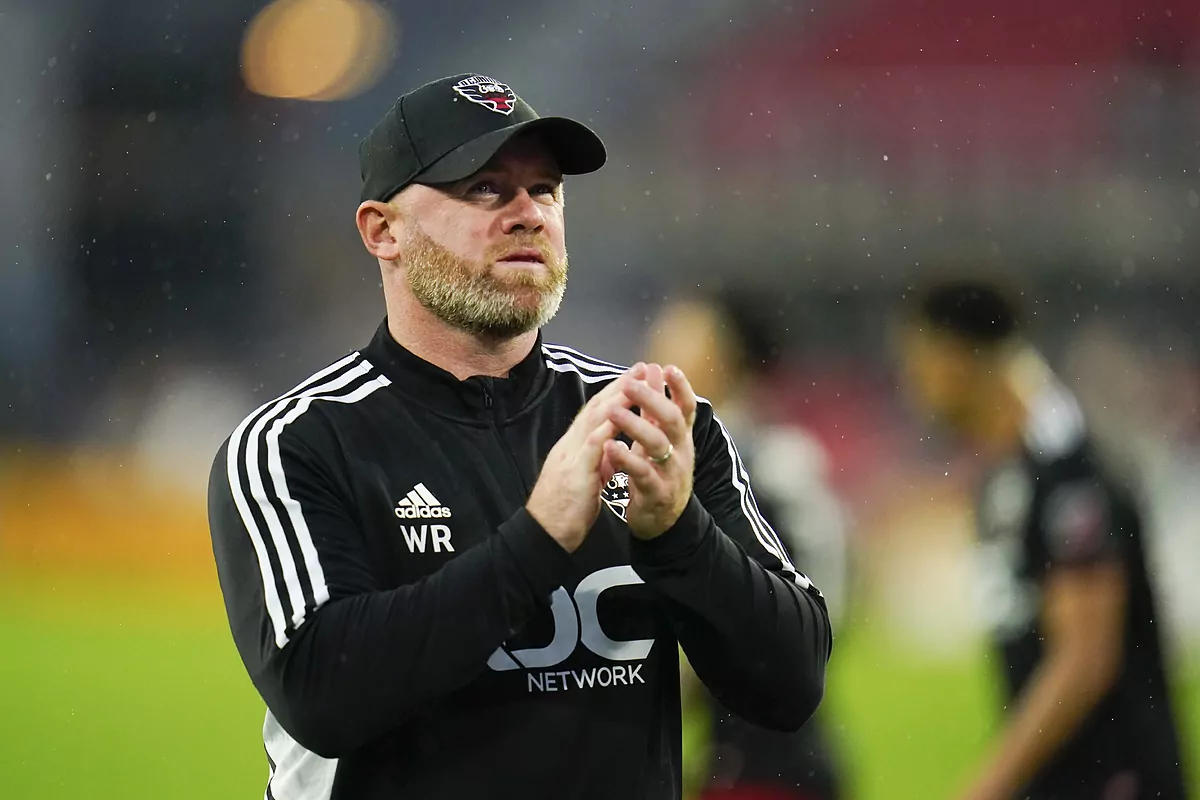Wayne Rooney calls on young football players to discuss their alcohol and mental health problems with their clubs instead of seeking other vices to handle pressure.
The ex-Manchester United striker revealed that he also battled with handling fame and expectations as a youngster and noted that he now handles the issues by communicating with those around him.
“By talking,” Rooney said to The Athletic. “When I was younger, I always felt I could deal with things myself.
“It’s really important that players if they have got issues,” the Birmingham City manager continued. “And I’m a coach who is very open with the players and I want the players to come to me if there’s any issues, but firstly if that’s because they are not playing I always explain to them why, and any issues off the pitch as well.
“My door is always there for the players to come in and speak about that. So that’s really important factor. That’s just not for football as well. It’s for any young people who are dealing with difficult moments in the life.”
His secondary role as a mentor and father figure perhaps comes from his own experiences as a dad to four kids but potentially from the coaching he received from Sir Alex Ferguson.
Ferguson, alongside his highly successful methods, was known for his close relationship with his players and his ability to serve as a father figure with a notable example being to Cristiano Ronaldo.
Rooney used alcohol at United to cope
The former-Everton striker burst onto the scene at Goodison Park and quickly became one of the most highly rated young players in world football thanks to his tenacious workrate, lethal finishing and surprising turn of pace.
But after switching to the big time at Manchester United’s ‘Theater of Dreams’, he began to feel the pressure and switched to alcohol as a way to find a release and to cope.
“Not just that (alcohol), but there’s obviously gambling,” Rooney added. “You’re still seeing it now with players which have been the news more recently of gambling there, there’s all different addictions which it’s easy for players to fall into.
“And it’s important that if you do fall into any of them that the help’s there from myself, firstly at the club, but also the people within the club. It’s something which we have to really make sure we get right because mental health issues are very important, that you deal with them and you feel confident enough to speak about them.”
Read the full article here


























